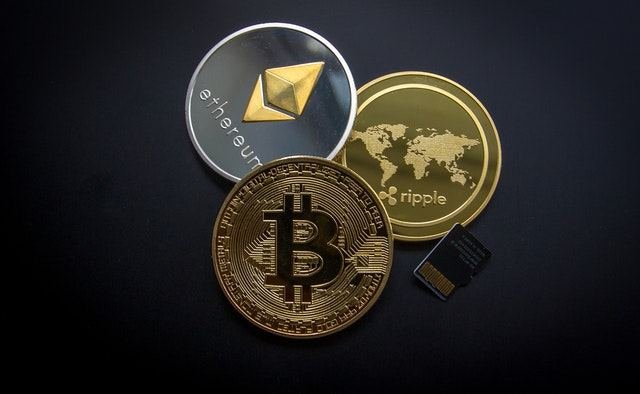- Is your savings reliant only on Crypto coins?
- What amount of Cryptocurrencies do you plan to keep in the wallet?
- Do you want further privacy features?
The most crucial consideration when selecting a Crypto wallet is why you are utilizing Cryptocurrencies in the first place.
Since different wallets are designed for different scenarios; it’s best to choose one that corresponds to how you’ll be dealing with various Cryptocurrency networks.
Because this piece of software will be in charge of your private keys; security should be a high priority when picking a Crypto wallet. The private keys are essentially the passwords to your Bitcoin cash, allowing you to send them to other people.
In other words, having control of the private keys translates to having control of the money.
How To Choose A Crypto Wallet?
If you are a regular trader on bitcoin prime, you likely have found a place to store your Cryptocurrencies. However, there are some steps to follow before choosing a Crypto wallet, such as:
Step 1: Why Do You Want It?
The first step is to determine what you intend to accomplish with your Bitcoin.
Choose a wallet that can connect to NFT marketplaces if you’re interested in the NFT market. Some of these markets use a specific Blockchain, which may influence your wallet selection.
For example, OpenSea, supports the Polygon, Ethereum, and Klatyn blockchains. In addition, atomic, Trust Wallet, Coinbase, and Exodus are fantastic places to start if you aren’t concerned about NFTs and just want a location to transfer and receive money.
Step 2: Does It Have A Mobile App?
Another question to consider before purchasing a wallet is whether or not it has a mobile app.
Some wallets are designed to be used as a browser extension on desktop computers and are not as mobile-friendly as you might anticipate, especially if they aren’t as well-known as some of the most popular wallet software.
Step 3: Consider The Security
If you’re most worried about security, a hardware Crypto wallet can be a good option.
For further protection, they are usually in the form of a USB stick that may be disconnected from your device and the internet.
Trezor has two variants of $63 and $220, and the Ledger Nano X has one variant priced at $149; which are the two popular hardware Crypto wallets.
How To Setup A Hardware Wallet?
The most time-consuming method is generally setting up a hardware wallet, but it is also the most secure. Since your private keys will be stored on an offline device separate from your laptop; mobile phone, or another computer, increased security is achievable.
These hardware wallets are far more secure than internet wallets due to the offline nature of the hardware wallet, which makes it less vulnerable to virus assaults from hackers, keeping your Bitcoin assets safe.
You may set it up after you’ve acquired a hardware storage device; such as a Trezor One or a Ledger Nano X.
Downloading the hardware’s related software to your computer, jotting down the recovery pass for your private keys, and connecting the hardware device to your computer are the three main steps.
How To Set Up A Mobile Wallet?
It’s significantly easier to set up a mobile wallet. The first step is downloading a mobile Bitcoin wallet from the app store connected with your device.
You’ll be able to take Bitcoin payments fairly instantaneously with most mobile wallets. The only thing you need to do throughout the setup procedure is making a physical backup of your private keys.
This backup is usually in the form of a 12 or 24-letter passphrase, referred to as your recovery phrase. It may not be mandatory for all wallets, but if you complete it; you will have a better chance of recovering your Crypto asset even if your phone stops working.
How To Set Up A Desktop Wallet?
A desktop wallet is comparable to a mobile wallet in terms of setup. After choosing your Cryptocurrency wallet app, all you have to do now is start it to begin the setup process.
Like mobile wallet software, desktop wallet software may prompt you to create a backup of the passcode linked with your private keys.
Desktop wallets usually come with more detailed portfolio tracking graphs and charts, allowing you to keep track of the value of your assets in a variety of ways. Jaxx Liberty, Exodus Wallet, and Atomic Wallet are some of the popular Crypto desktop wallets available.
Final Thoughts
Choosing a Crypto wallet and setting one up are two different things requiring extreme care and attention.
Since we have illustrated the steps to choose a Crypto wallet, you can select one from the list we have mentioned and set it up accordingly.
For further questions, please let us know in the comment section below.




